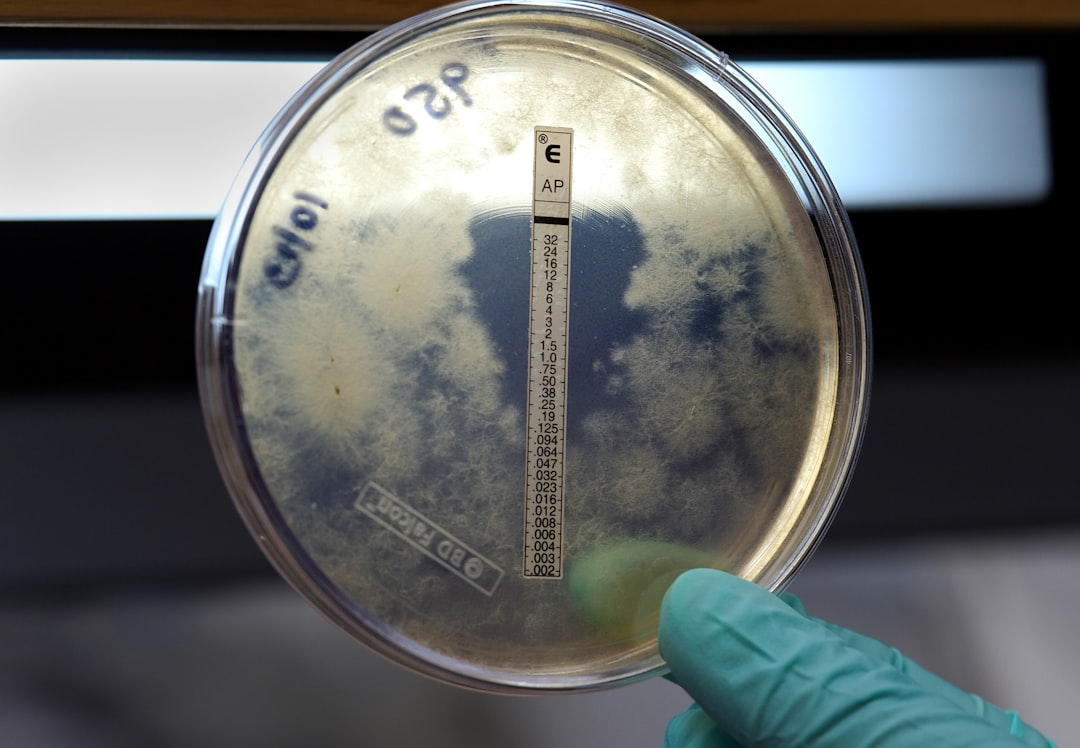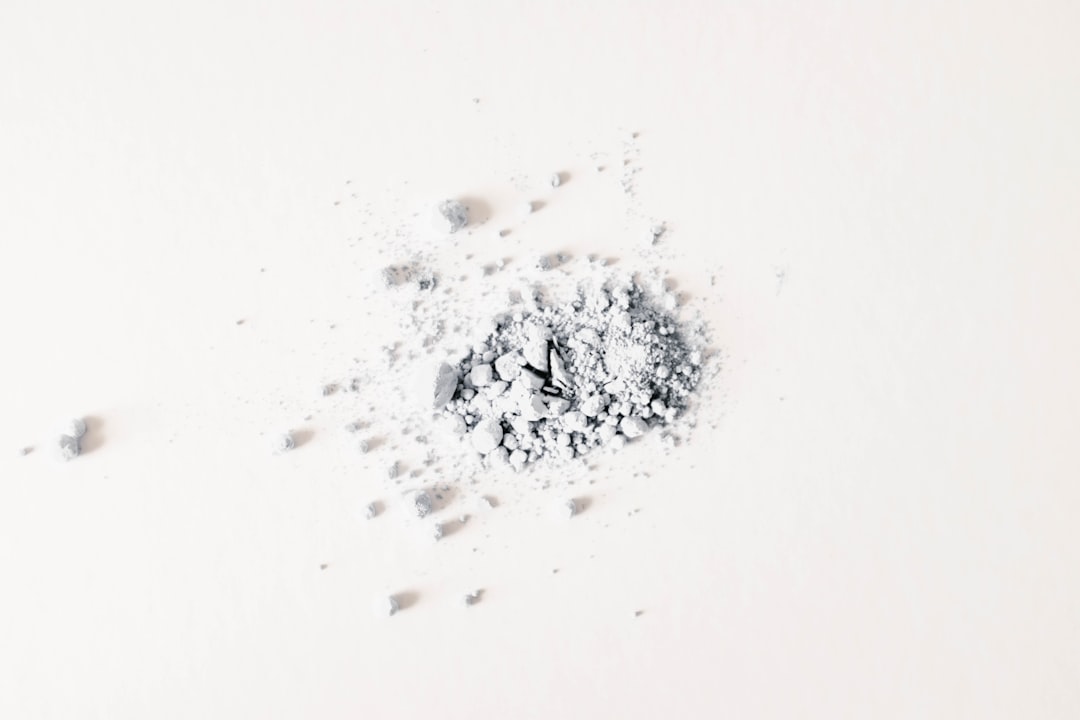What is it about?
During the past years, the study of gender differences have often been neglected. And the majority of experiments were performed only on males. Nevertheless, some experiments have pinpointed that female rats are less sensitive to vitamin K antagonist anticoagulant (VKA) used in pest management. This experiment explore the reason of this lack of sensibility. The most surprising results is that, for a same dose of administered VKA, the blood and the liver concentrations of VKA are upper in female rats than in males. Thus for this molecule it is not the efficiency of the female VKA elimination which is the reason of their better resistance. However, the reason is rather in the clotting factors. Clotting factors are protein which are involved in a cascade enabling the coagulation. Four of these clotting factors need vitamin K to be completely synthetized. So when a VKA is present they are not much synthesized which block the coagulation. In female rats, we have pinpointed that two of these clotting factor are present in higher level in blood than in males. Moreover, the decrease of three of these clotting factors are slower in females that in males. Thus, the coagulation ability of female rats are maintained longer than males.
Featured Image
Read the Original
This page is a summary of: Origin of the gender differences of the natural resistance to antivitamin K anticoagulants in rats, Toxicology, February 2016, Elsevier,
DOI: 10.1016/j.tox.2016.02.002.
You can read the full text:
Contributors
The following have contributed to this page










